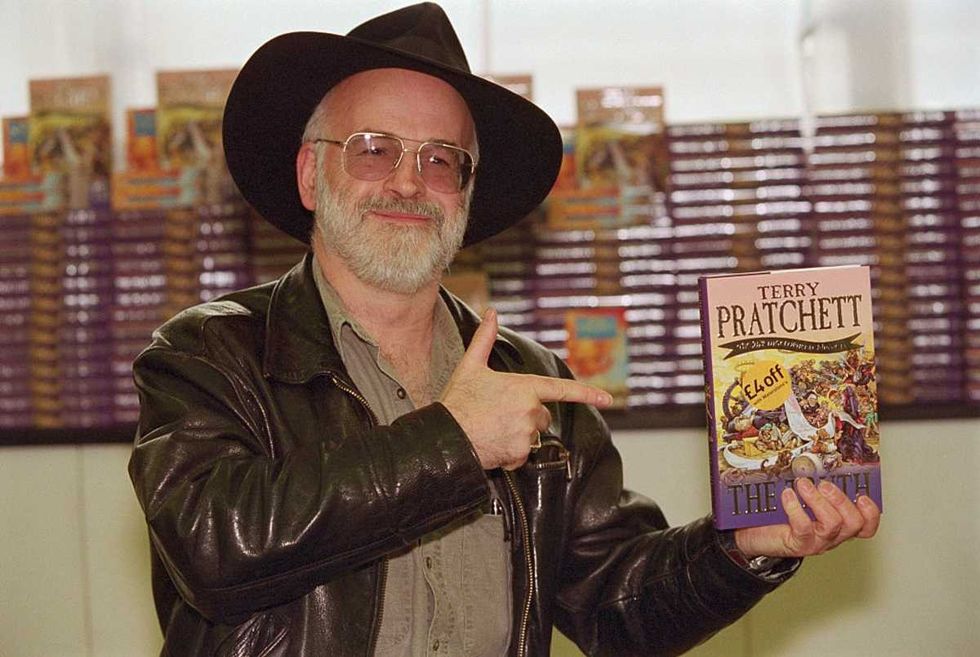For aspiring authors, submitting their work can be a nerve-wracking experience. Often, manuscripts end up discarded, with a rejection letter arriving at the door shortly after. Rejections are always tough for writers trying to hone their craft, but few compare to the brutal rejection letter sent in October 1928. A snapshot of this harsh letter was shared on X by Letters of Note (@lettersofnote) in December 2017, and it has since been viewed by thousands.
This brutal letter was addressed to aspiring poet F.C. Meyer, who lived on Walls Street in Katoomba. The rejection came from Angus & Robertson Ltd., a major Australian publisher for over 100 years. Delivered with ruthless precision, it read: “Dear Sir, No, you may not send us your verses, and we will not give you the name of another publisher. We hate no rival publisher sufficiently to ask you to inflict them on him. The specimen poem is simply awful. In fact, we have never seen worse.”
Letters of Note described the painful rejection letter with the caption, “All other rejection letters can step down. We have a winner.” They revealed that a person named Kylie Parkinson had sent them the letter via Facebook. On X, @sooccasionnow commented on the letter saying, “One wonders how one could ever step up from this #rejection?” @annehawkinson said, “It’s cutting.” Many people expressed their comments with an “Ouch!”
A letter like this would sting the receiving writer so much that they wouldn’t be able to write anything anymore, but Meyer was undeterred. He remained persistent and went on to publish his poems and writings all by himself. Only a year followed by this rejection letter, in 1929, he published a collection titled, “Pearls of the Blue Mountains of Australia” and another book called “Jewels of Mountains and Snowlines of New Zealand” in 1934, per Bustle. No one knows how well his books did in the market. But according to Pauline Conolly, he didn’t receive a review until December 29, 1935, when a Sydney newspaper The Sun printed one, under the heading, “Native Woodnotes.”
Angus & Robertson were not the only ones who brutally rejected Meyer’s poems. It seems, Meyer was officially certified as a bad poet. In 2001, his poetry was quoted in a series about “Poet Nauseate” candidates, a negative version of the Poet Laureate, per a Scoop article. Extracts from his poems were included in a "bad verse and awful poetry competition" held by New Zealand magazine Artscape. They labeled Meyer as "the finest bad poet this country has produced."
One of the verses quoted in the magazine was from "Maori Maiden." It reads: "I think -- I understand thee well, Rub my nose now for a spell!" Another was from "My Pet Dog" which reads: "Pluto! come here my dearest little dog, Don't get mixed up with every rogue, And do not run into a fog...." Currently, The State Library of New South Wales holds a signed copy of his books in its collection, according to a Facebook post by the library.





















 Representative Image Source: Pexels | Olly
Representative Image Source: Pexels | Olly Representative Image Source: Pexels | Pixabay
Representative Image Source: Pexels | Pixabay Representative Image Source: Pexels | Cottonbro
Representative Image Source: Pexels | Cottonbro Representative Image Source: Pexels | Cottonbro
Representative Image Source: Pexels | Cottonbro Representative Image Source: Pexels | Karolina Grabowska
Representative Image Source: Pexels | Karolina Grabowska Representative Image Source: Pexels | Jonathan Borba
Representative Image Source: Pexels | Jonathan Borba Image Source: Reddit |
Image Source: Reddit |  Image Source: Reddit |
Image Source: Reddit |  Image Source: Reddit |
Image Source: Reddit | 
 Representative Image Source: Pexels | Pixabay
Representative Image Source: Pexels | Pixabay Representative Image Source: Pexels | Pixabay
Representative Image Source: Pexels | Pixabay Representative Image Source: Pexels | markus winkler
Representative Image Source: Pexels | markus winkler
 Representative Image Source: Pexels | Shvets Production
Representative Image Source: Pexels | Shvets Production Representative Image Source: Pexels | Oleksandr P
Representative Image Source: Pexels | Oleksandr P Representative Image Source: Pexels | Photo by Spencer Selover
Representative Image Source: Pexels | Photo by Spencer Selover Representative Image Source: Pexels | JSME Mila
Representative Image Source: Pexels | JSME Mila
 Representative Image Source: Wellington boots in a row in hallway (Getty Images)
Representative Image Source: Wellington boots in a row in hallway (Getty Images) Image Source: Writer Terry Pratchett Pointing to His Book (Photo by Rune Hellestad/CORBIS/Corbis via Getty Images)
Image Source: Writer Terry Pratchett Pointing to His Book (Photo by Rune Hellestad/CORBIS/Corbis via Getty Images)
 Representative Image Source: Pexels| RDNE Stock Project
Representative Image Source: Pexels| RDNE Stock Project Representative Image Source: Pexels| Satoshi Hirayama
Representative Image Source: Pexels| Satoshi Hirayama Image Source: TikTok|
Image Source: TikTok| Image Source: TikTok|
Image Source: TikTok|